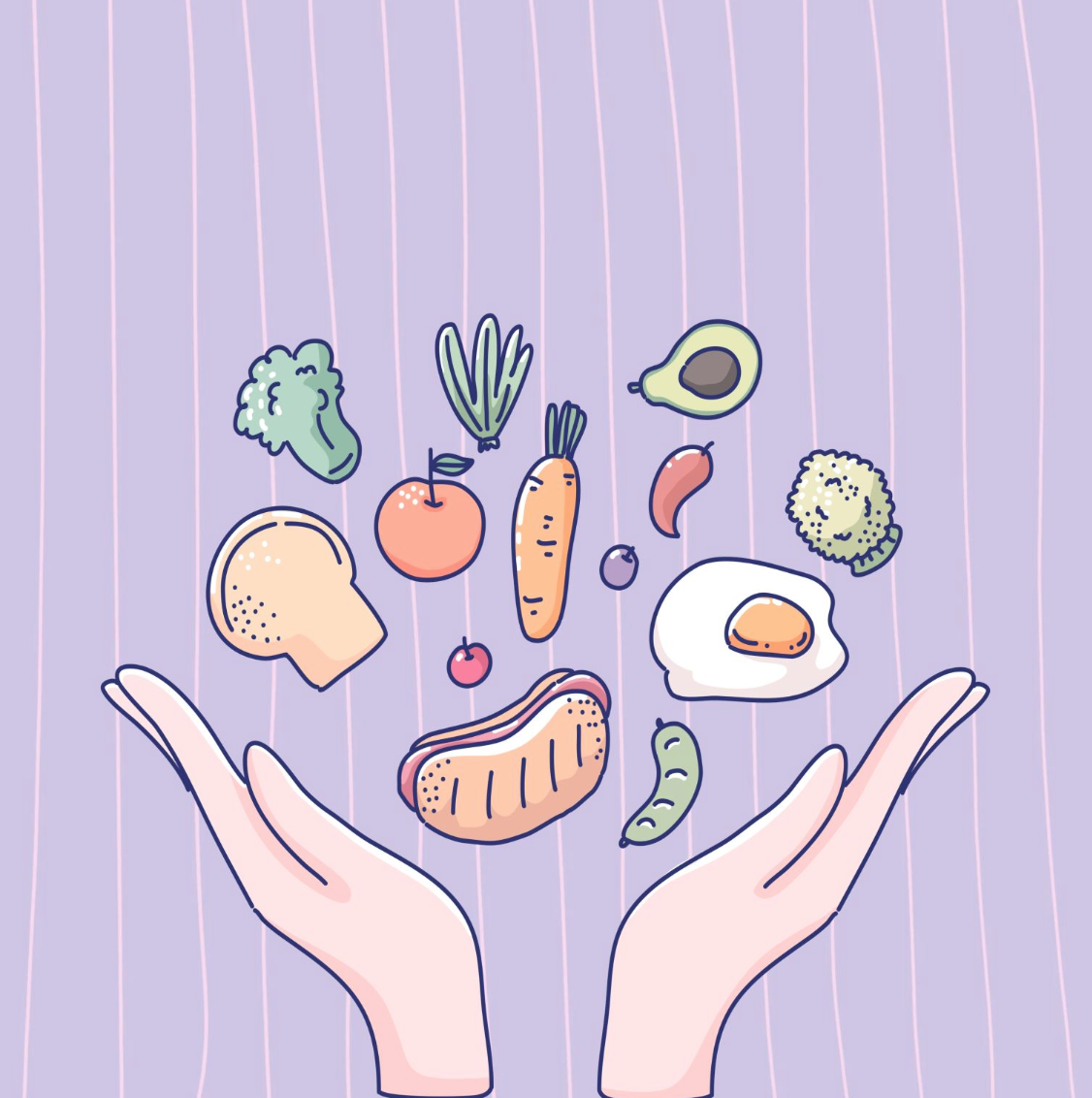

· By Rachel Munro
Food allergies and weaning babies
Weaning is the exciting process of introducing your baby to solid foods, marking a crucial step in their development. But did you know that the types of solids you introduce can influence allergy risks?
✨ What are solids: Solid foods encompass a range of textures and flavours, from purees to soft chunks. Early exposure to diverse foods can help your baby become familiar with different tastes and textures, which is essential for healthy eating habits.
🌱 Food familiarisation: One of the key concepts in weaning is food familiarisation. This involves introducing your baby to a broad spectrum of foods, particularly those known to be allergenic, such as peanuts, eggs, dairy, fish, and tree nuts.
Research has shown that early and consistent exposure to these foods can aid in building tolerance and significantly reduce the likelihood of developing food allergies. This approach helps the immune system learn to recognise and accept these foods rather than reacting negatively to them.
🥦 Navigating allergenic foods: While introducing allergenic foods, it is essential to do so thoughtfully. Start with small amounts and observe your baby for any signs of allergic reactions, such as rashes, swelling, or digestive issues. Consulting with a healthcare professional or paediatrician before introducing these foods can provide guidance tailored to your baby's individual needs and health history.
🤔 Common concerns: Many parents worry about the risks associated with introducing allergenic foods too early or too late. Current research suggests that introducing allergenic foods around six months, after breastfeeding or formula feeding, can actually be beneficial. Delaying the introduction of these foods past the first year may increase the risk of developing allergies, so it’s crucial to strike a balance.
